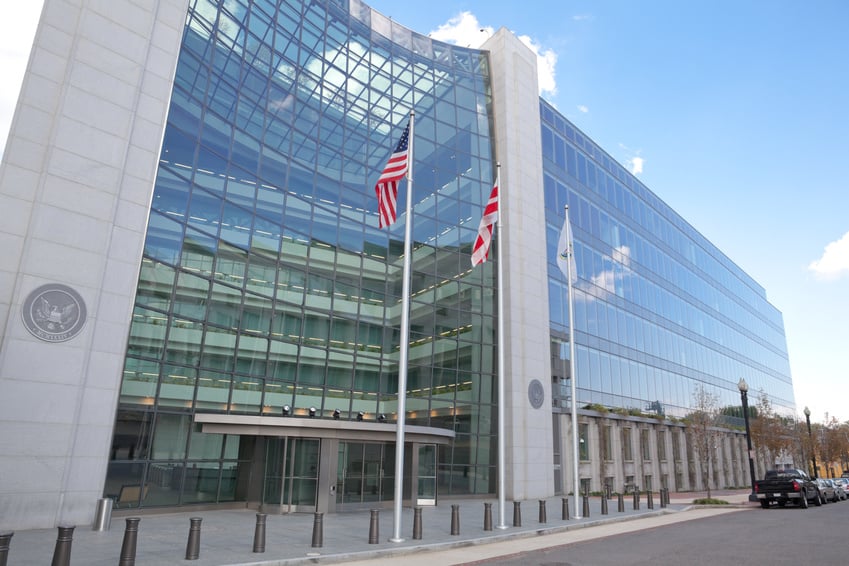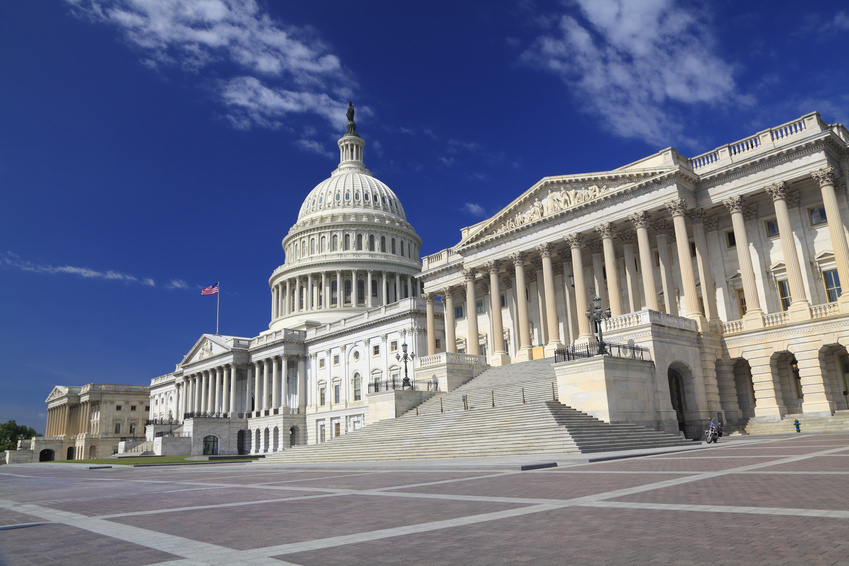In keeping with tradition, we are pleased to invite you to our annual Global Year-End Review of Import/Export & Trade Compliance Developments Conference. The conference will provide valuable insights on the latest developments, challenges and opportunities in the ever-changing landscape of international trade.
We are holding this conference in a split-hybrid format, with an in-person event in Santa Clara, CA, on 12 November and virtual panels on 19-21 November.
Baker McKenzie’s Sanctions Blog published the alert titled US issues new sanctions designations related to Russia and Iranian drones, signaling continuously increasing risks on 21 September 2023. Read the article via the link here. Please also visit our Sanctions Blog for the most recent updates.
Baker McKenzie’s Sanctions Blog published the alert titled BIS Issues Best Practices for License Applications for Medical-related Items for Russia, Belarus, and Occupied/Covered Regions of Ukraine on 19 July 2023. Read the article via the link here. Please also visit our Sanctions Blog for the most recent updates.
View the recorded sessions from our 2023 Virtual Global Trade Conference where international trade compliance lawyers from around the world reviewed major developments impacting international trade.
Baker McKenzie’s Sanctions Blog published the alert titled Blog Series: Sanctions Enforcement Around the World – Five Eyes Partners agree to coordinate enforcement on export controls on 11 July 2023. Read the article via the link here. Please also visit our Sanctions Blog for the most recent updates.
In this video, partners Kerry Contini and Alex Lamy share their advice to companies navigating the rapidly evolving sanctions landscape. As rules become more restrictive, companies should brace themselves for increased compliance risks and routinely review their compliance programs. It is also critical to prepare for cross-border investigations that require a technical understanding of the nuanced rules and their interplay across multiple jurisdictions.
On 2 May 2023, for the second time this year, the US and Turkish governments took joint action in imposing sanctions. Specifically, the United States and Türkiye imposed sanctions against two individuals determined to be financial facilitators of Syria-based terrorist groups Hay’at Tahrir al-Sham and Katibat al-Tawhid wal-Jihad, both of which are sanctioned by the United States and the United Nations. This follows a prior joint action in January targeting parties associated with the financial facilitation network of the Islamic State of Iraq and Syria.
Baker McKenzie’s Sanctions Blog published the alert titled United States: OFAC Reissues General License Extending Authorization Period for Transactions Related to Energy on 5 May 2023. Read the article via the link here. Please also visit our Sanctions Blog for the most recent updates.
Baker McKenzie’s Sanctions Blog published the alert titled New Blog Series: Sanctions Enforcement Around the World on 24 April 2023. Read the article via the link here. Please also visit our Sanctions Blog for the most recent updates.
Baker McKenzie’s Sanctions Blog published the alert titled OFAC Amends and Reissues the Belarus Sanctions Regulations on 19 April 2023. Read the article via the link here. Please also visit our Sanctions Blog for the most recent updates.








